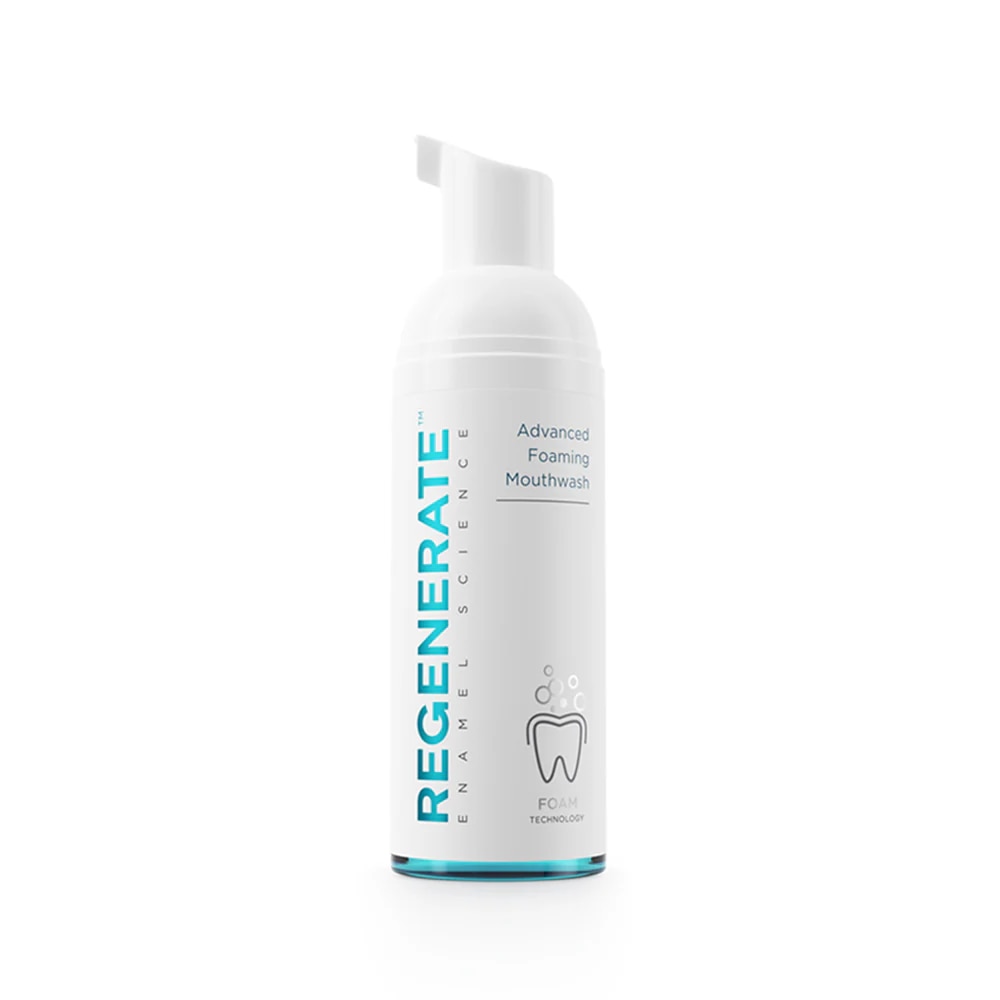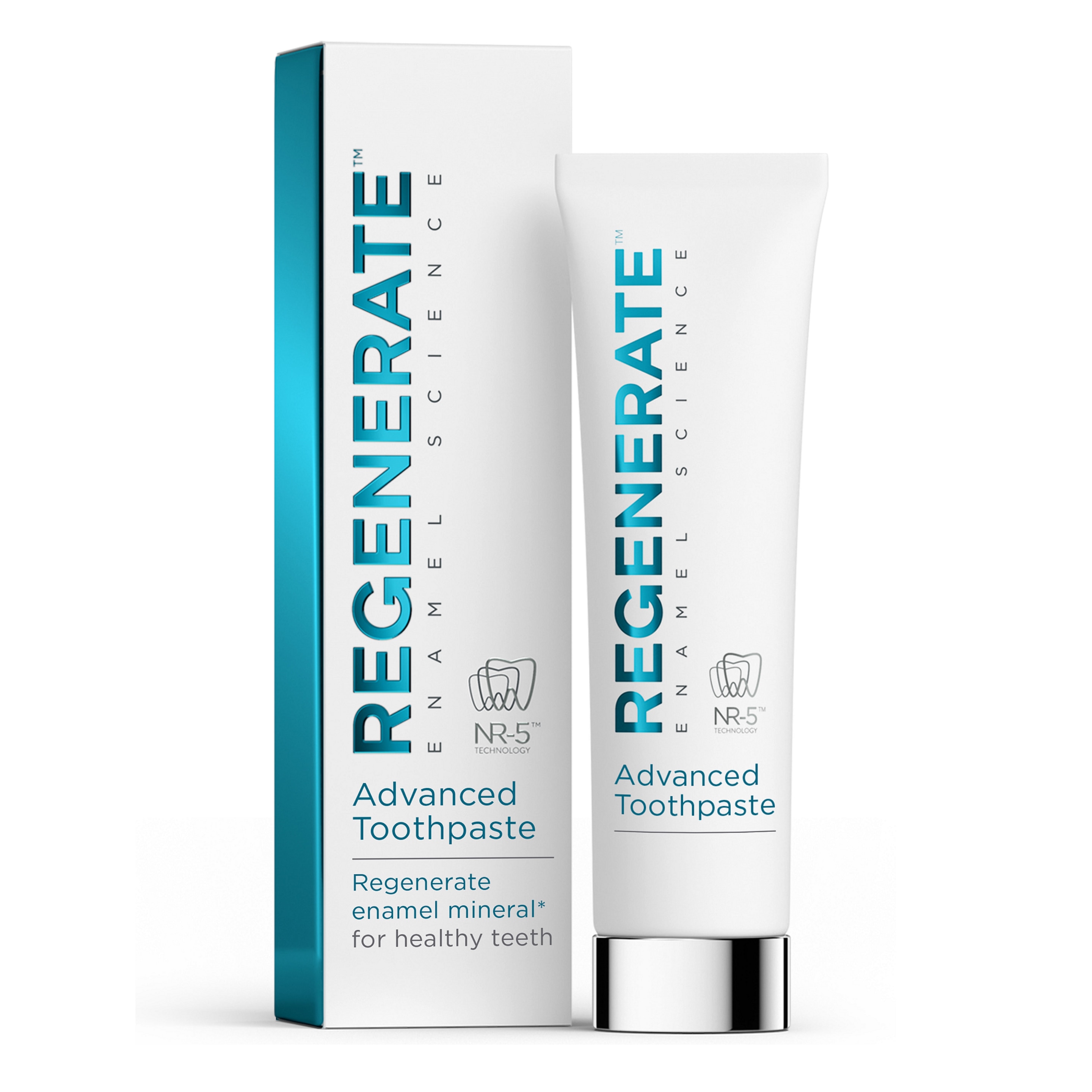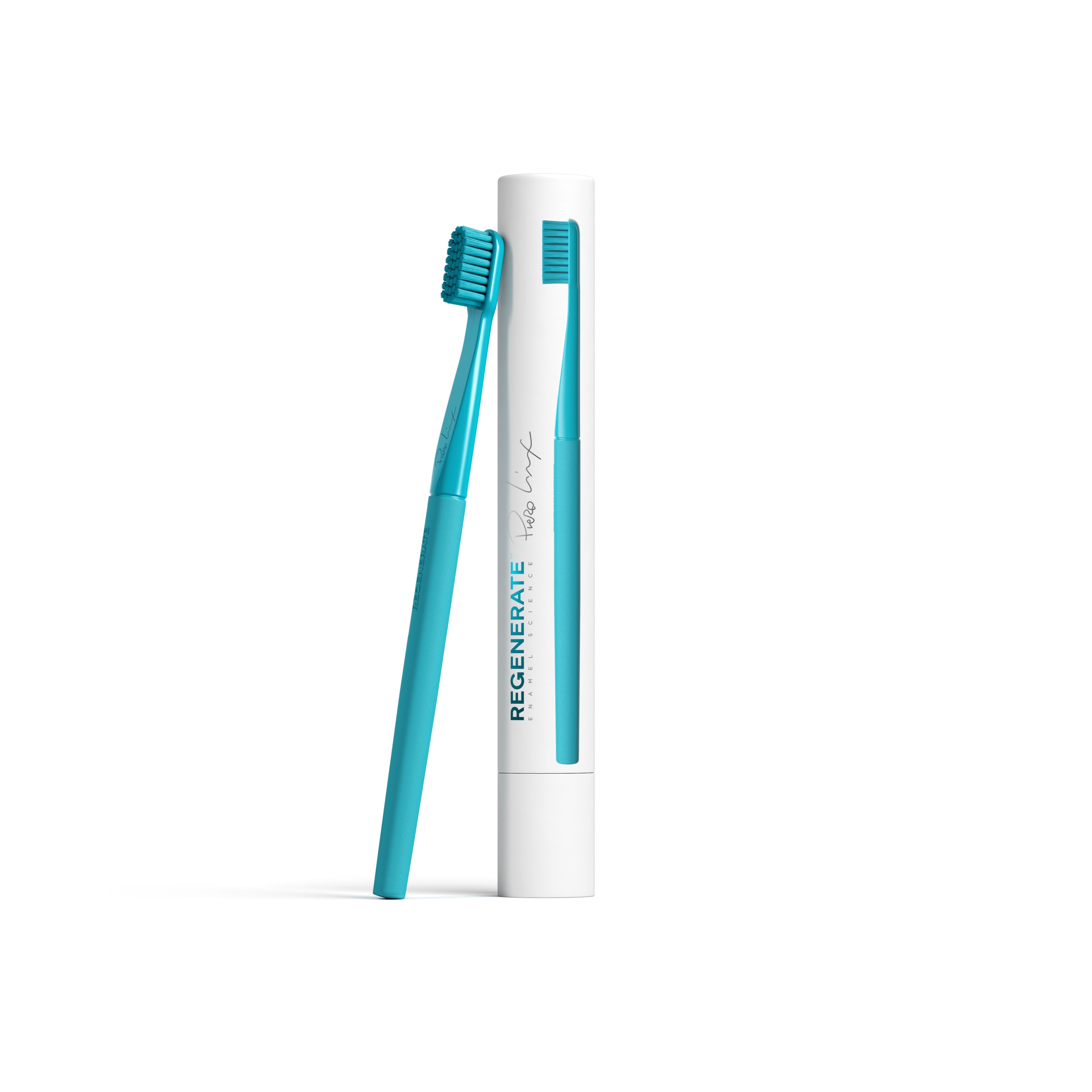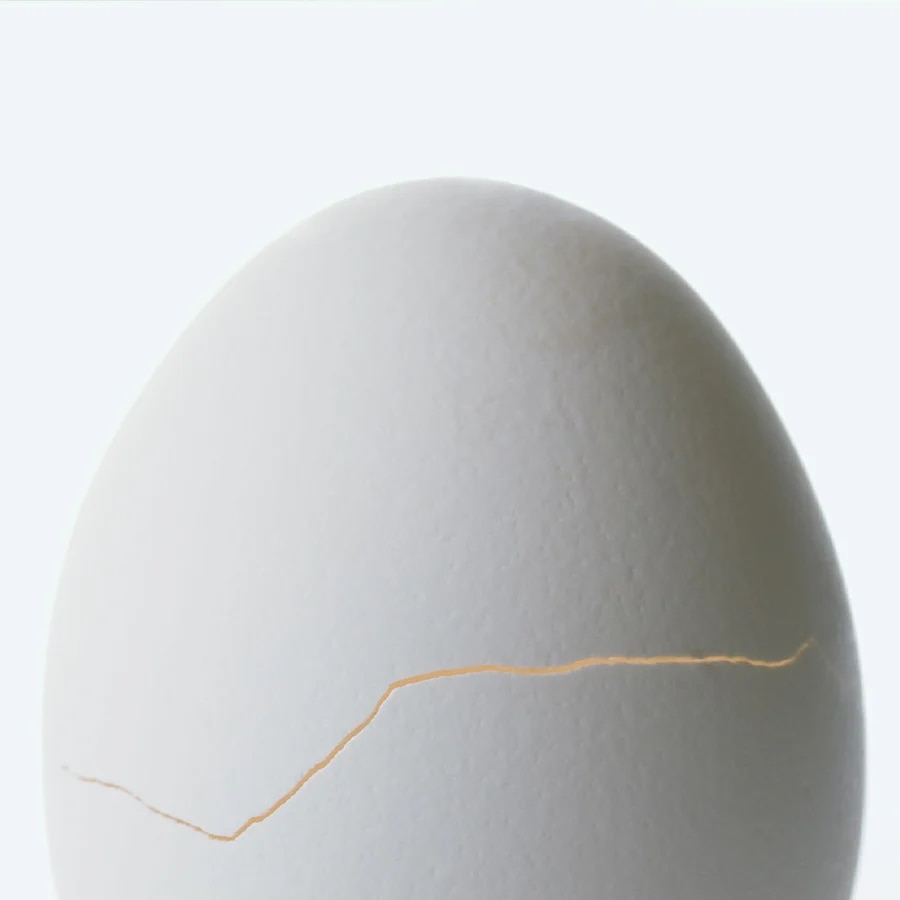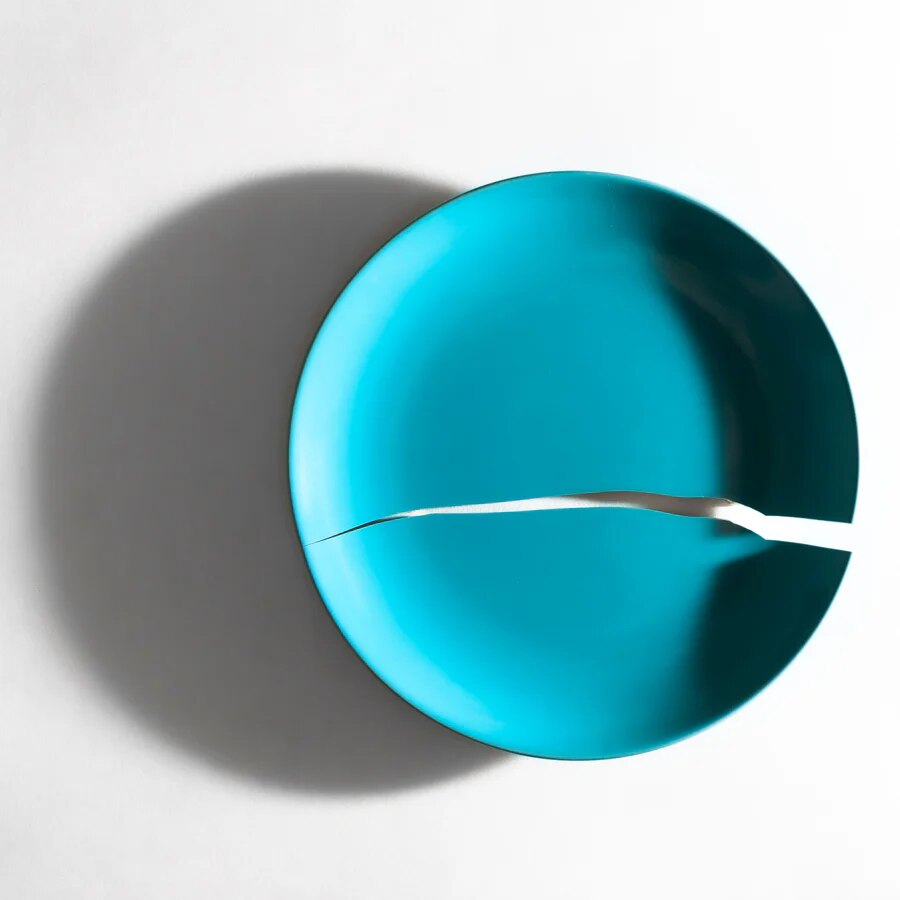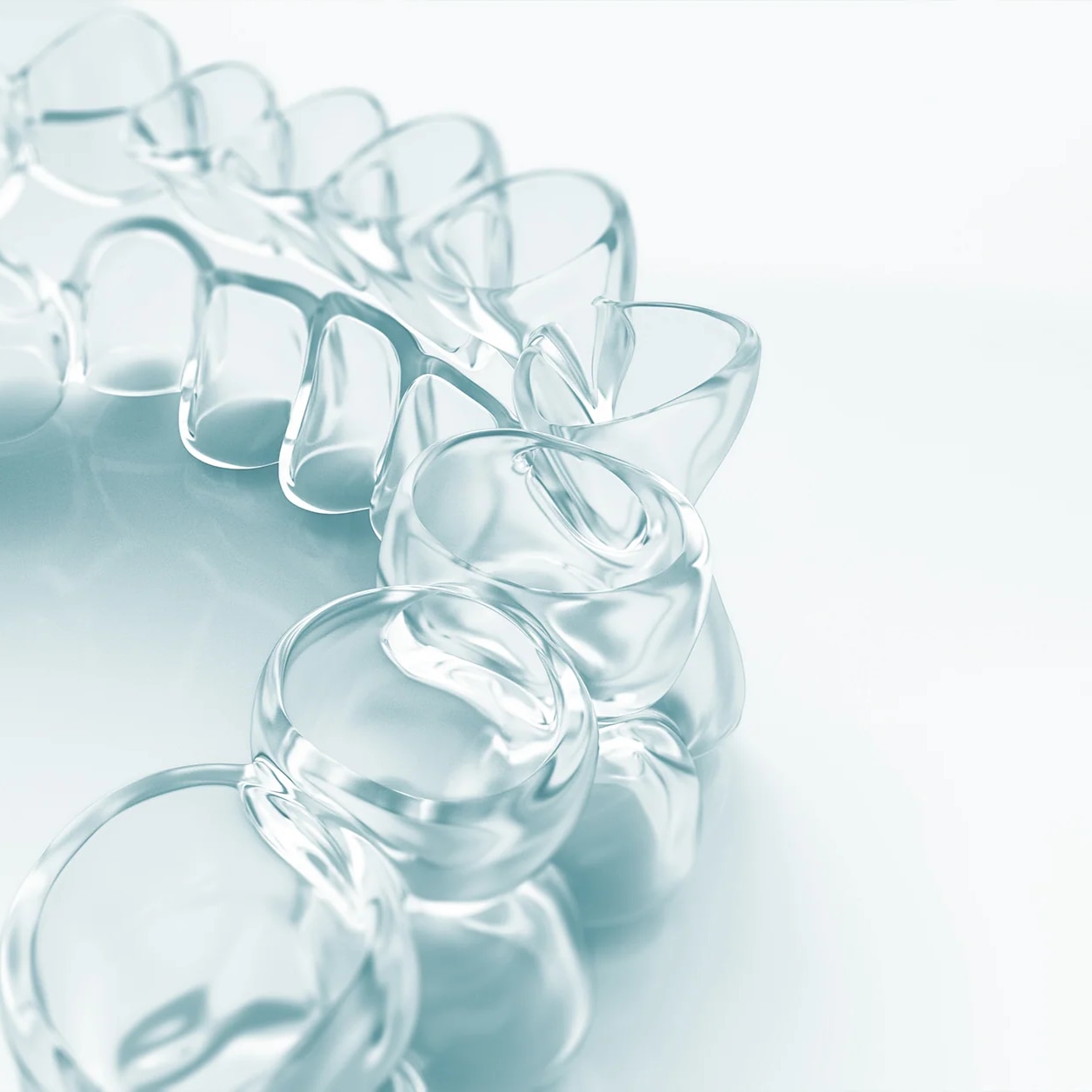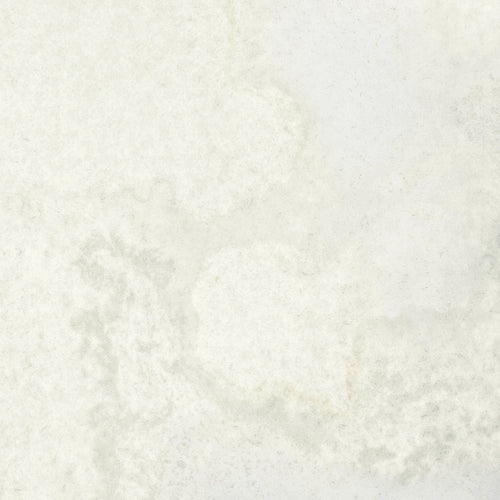Discovering a cracked molar is concerning but there are various treatments to help repair damage. Let’s learn how a molar can crack, what to do while waiting for your appointment, and how to fix a cracked molar with the right dental treatment so you can take the necessary steps to look after your teeth. If you suspect you have a cracked molar or any other dental problem, always speak to your dentist.
What can cause a cracked molar?
Molars are your strongest teeth found at the back of your mouth. Adults have 12 molars, six on the top and six on the bottom, that help you to chew and swallow food¹. Molars help to absorb the force of the chewing action that comes with consuming foods, making them susceptible to cracking².
Some of the most common causes of a cracked molar tooth:
- Biting or chewing on ice, hard sweets, nuts, etc.
- Grinding your teeth.
- Clenching your jaw.
- The breaking down of a large filling.
- A tooth becoming brittle following root canal work.
Although you might not realise you’ve cracked your molar or see the fracture at first, there are some symptoms to look out for. These can include pain when chewing, gum swelling, constant jaw pain, or sensitivity to heat, cold and sweetness³.
What to do before going to a professional
As soon as you realise you might have a cracked molar it’s time to contact your dentist to make an appointment. Early treatment can make all the difference to the severity of the situation.
While waiting for your appointment, you can try the following, to help prevent it getting worse, and to ease any pain:
- Avoid crunchy and hard foods.
- Avoid chewing on that side.
- Avoid hot and cold liquids – opt for warm instead.
- Do a warm rinse to clean the area.
- Put a cold compress on the outside of the cheek⁴.
How to fix a cracked molar: the different treatments available
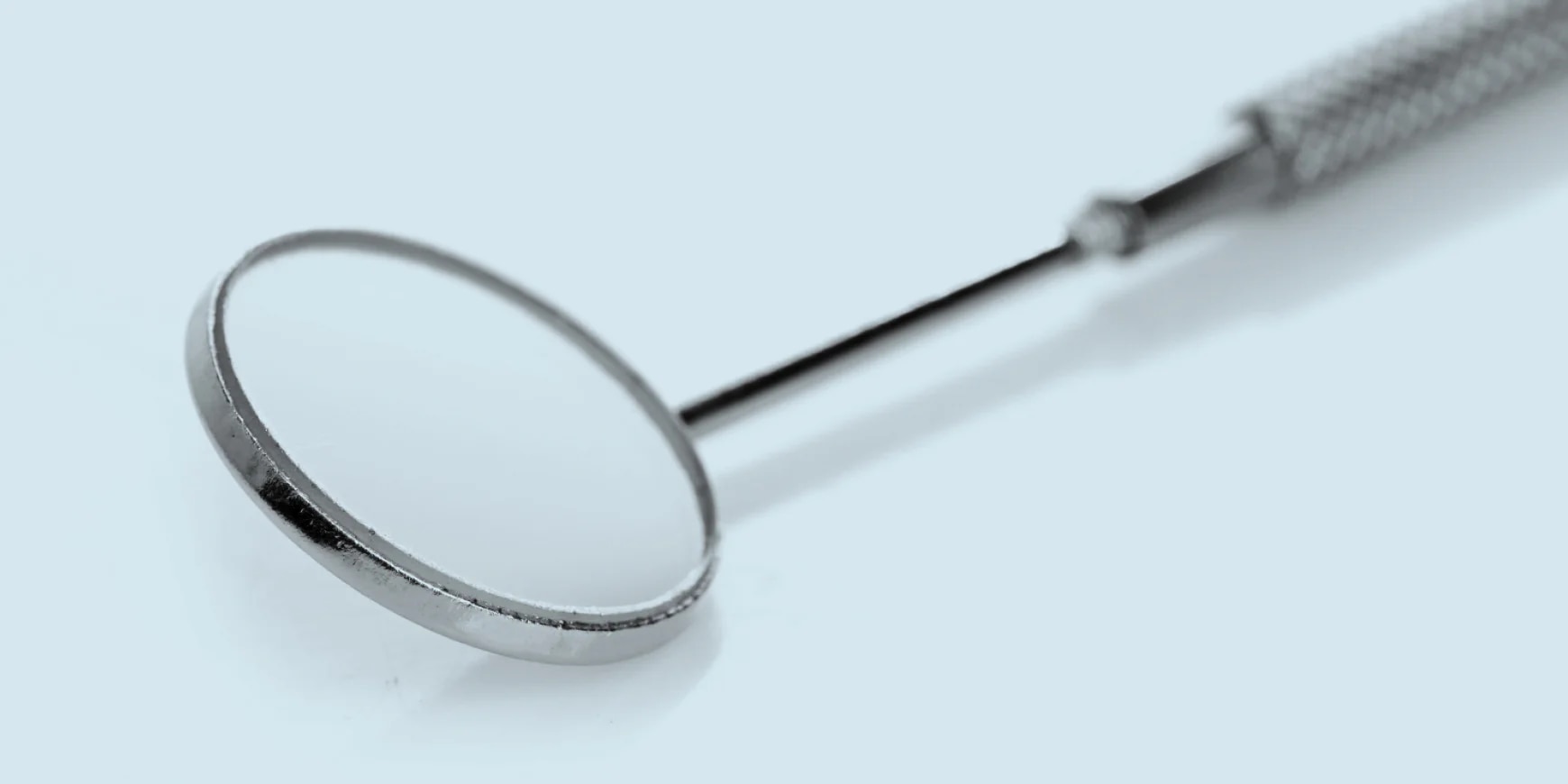
The way your dentist will treat your cracked molar tooth will depend on the extent of the crack, which they may diagnose through a clinical examination and dental x-rays.
Treatments include⁵:
- Dental polishing: This can be used if it’s just a craze line – a superficial, minor hairline fracture on the outer layer of enamel – that can be polished away.
- Dental fillings: These may be used to fix small cracks.
- Dental crowns: These can be applied to repair larger cracks, such as a fractured cusp or fillings. They can help prevent long-term issues and provide greater stability by covering the entire tooth.
- Root canal procedure: This may be used to try and save the tooth when it is damaged inside, infected, has a vertical root fracture or is cracked below the gum line. A dental crown is normally applied to cover and protect the tooth afterwards.
- Tooth extraction: For large cracks or significant infections, it might not be possible to save the tooth and therefore it would need to be removed. A dental implant or dental bridge may be fitted to replace the extracted tooth.
- Mouth guard: If the crack was caused by night-time bruxism (teeth grinding, gnashing, or clenching), your dentist might be able to create a custom night guard for you to wear while sleeping to help lessen the stress on your teeth.
You can also help keep your molars healthy and strong by attending routine dental check-ups and following a healthy oral care routine using products that protect your teeth. Using Regenerate Advanced Toothpaste daily can help to strengthen teeth and increase enamel hardness. Regenerate™ Advanced Enamel Serum is a great accompaniment alongside the toothpaste, helping to significantly increase enamel hardness when used in combination with the Advanced Toothpaste, with 82% recovery after 3 days*.
What can happen if a cracked molar tooth is not treated?
If left untreated, the severity of a cracked molar can escalate – both in terms of the damage to the tooth and the financial cost to you. Early detection may mean more treatment options are possible while leading the problem untended could result in infection or further complications. Remember, if you are at all worried about a cracked tooth, or your oral health in general, consult a dental professional.
Having a cracked tooth, whether that’s a cracked molar or cracked front tooth, can be dealt with quickly by your dentist so it’s important to always contact them with any concerns about your teeth.
*Based on an in-vitro test measuring enamel hardness after 3 days combined use of Toothpaste and Serum.
The advice in this article does not constitute medical advice; it is solely available for information purposes. We recommend that you consult your dentist If you are experiencing any dental problems.
Sources:
1 NHS – Teeth Facts and Figures
2 Lubisich et al. – Cracked Teeth: A Review Of The Literature
- slide 1
- slide 2
- slide 3


